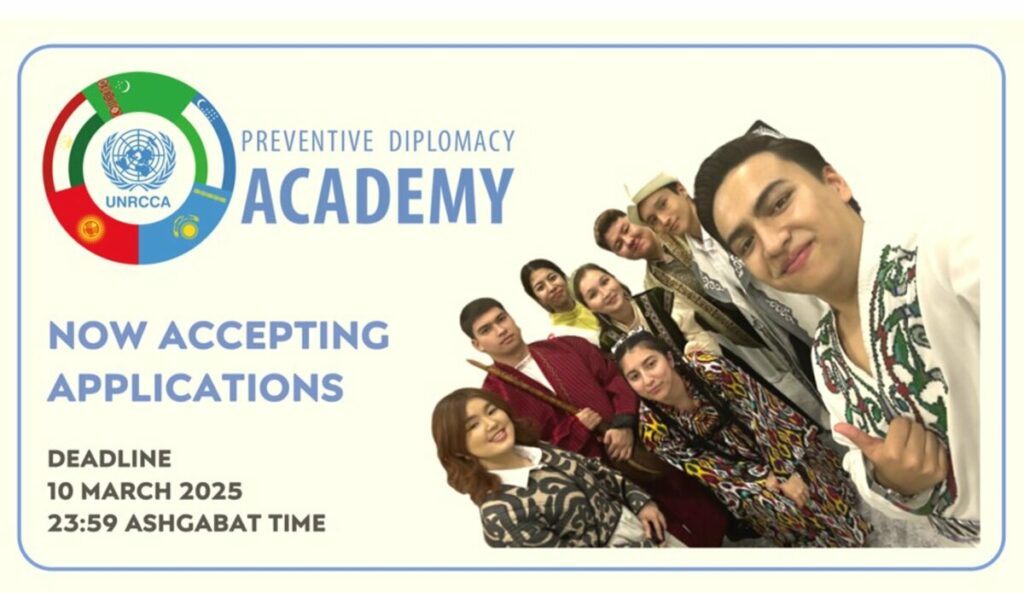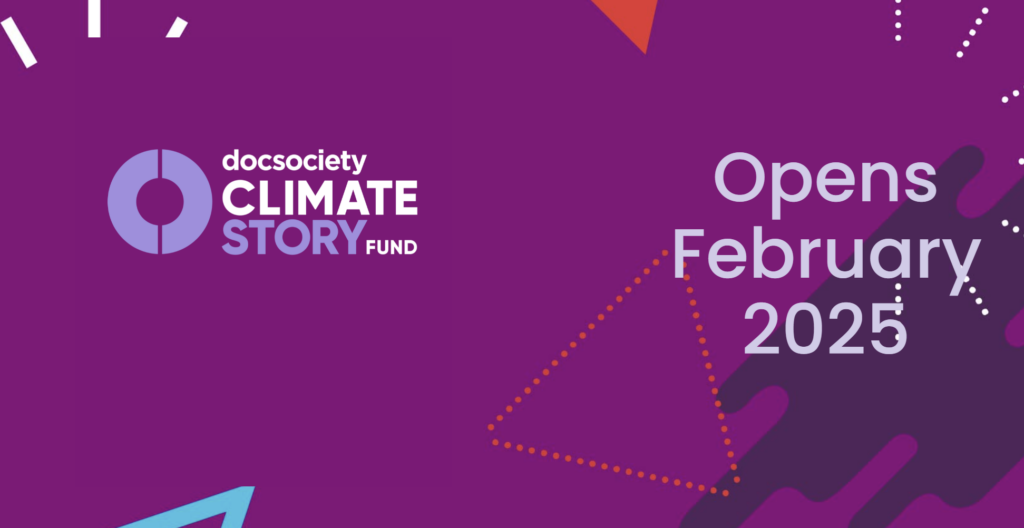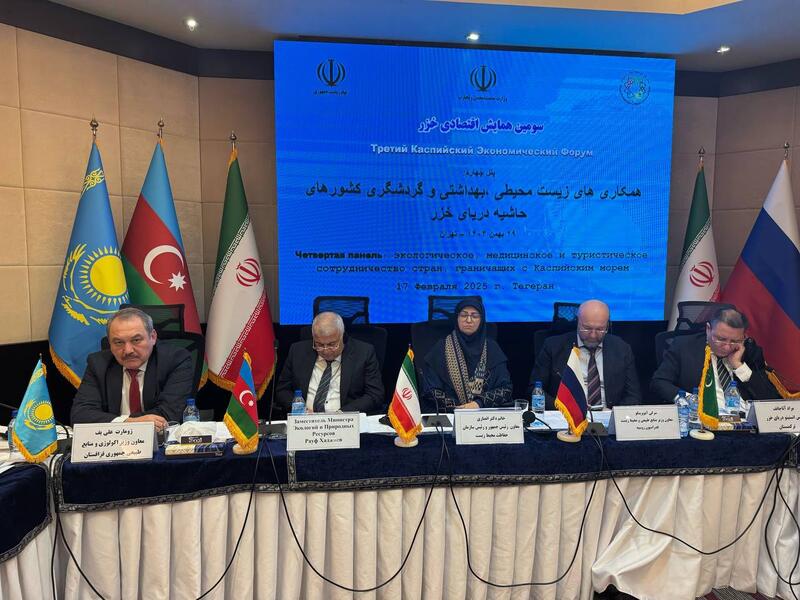Representatives of Turkmenistan took part in a regional workshop for Central Asian countries on the results of the third reporting cycle, the use of such data as a tool for developing transboundary cooperation (SDG indicator 6.5.2). The meeting was held on 12-13 February in Tashkent and brought together water sector workers from five Central Asian countries.
Availability of clean water is key to maintaining prosperity in the semi-arid region of Central Asia, where sustainable water management and transboundary cooperation have supported sustainable economic growth for decades.
Five states twice a year, and more often if necessary, calculate water use and quotas for the withdrawal of water from the Amu Darya and Syr Darya for the growing season of agricultural crops based on an analysis of the water content of the annual season. The distribution of the resource is separately discussed by the “troikas” of countries that are the main water users of one of the two waterways of the region.
The seminar in Tashkent was devoted to the exchange of experience in reporting activities on water SDGs, the development of cooperation, and assistance in developing specific measures to achieve the Sustainable Development Goals in the region. Experts from state water management bodies of Kazakhstan, Kyrgyzstan, Tajikistan, Turkmenistan and Uzbekistan involved in the study, conservation, distribution of surface and groundwater, improving the efficiency of hydraulic structures, and environmental protection, spoke about key issues of water use within transboundary river and lake basins, and the use of aquifers at the basin level.
The organizers of the meeting included regional experts from the Scientific Information Center of the Interstate Coordination Water Management Commission of the International Fund for Saving the Aral Sea (SIC ICWC IFAS), the United Nations Educational, Scientific and Cultural Organization (UNESCO), the United Nations Economic Commission for Europe, and the International Water Assessment Center. The event was held with the financial support of the German Society for International Cooperation (GIZ). Representatives of international and public organizations joined the meeting venue.
It should be clarified that this year marks the tenth anniversary of the adoption of the SDGs: in September 2015, during the World Summit on Sustainable Development, held at the UN headquarters in New York, 193 countries adopted a sustainable development program called “Transforming our world: the 2030 Agenda for Sustainable Development”, which includes 17 goals and 169 targets.
In 2017, a system of global indicators for achieving the goals was approved, including 6.5.2 (Proportion of transboundary water basins covered by operational water cooperation arrangements), where EEC and UNESCO act as custodian agencies for the collected data. A total of 153 UN Member States with transboundary river, lake and aquifer basins are invited to report on indicator 6.5.2 every three years. For those countries that are parties to the Water Convention, such as Turkmenistan, reporting on SDG indicator 6.5.2 is considered as a national report under this convention. In total, during the three reporting cycles held in 2017/2018, 2020/2021 and 2023/2024, opportunities were identified to improve cooperation between organizations dealing with water resources at the national, basin, regional and global levels, and to expand transboundary partnerships.
https://turkmenistan.gov.tm/ru/post/92111/v-tashkente-specialisty-vodnogo-hozyajstva-stran-centralnoj-azii-obsudili-aspekty-ustojchivogo-vodopolzovaniya



